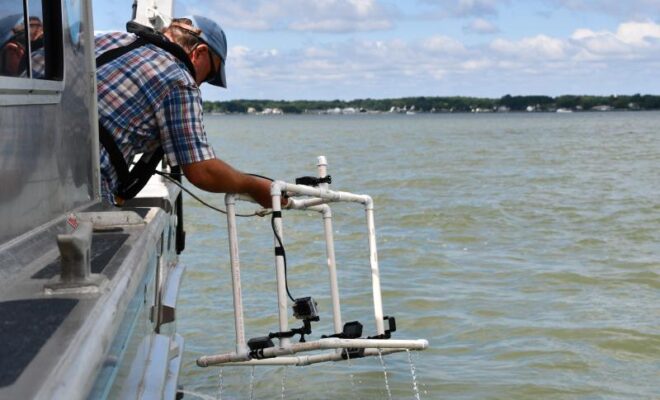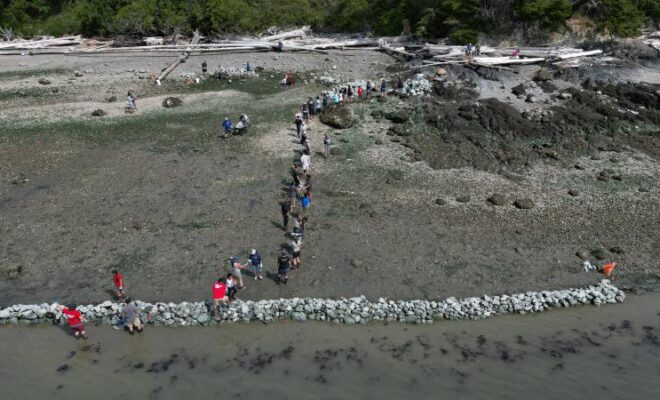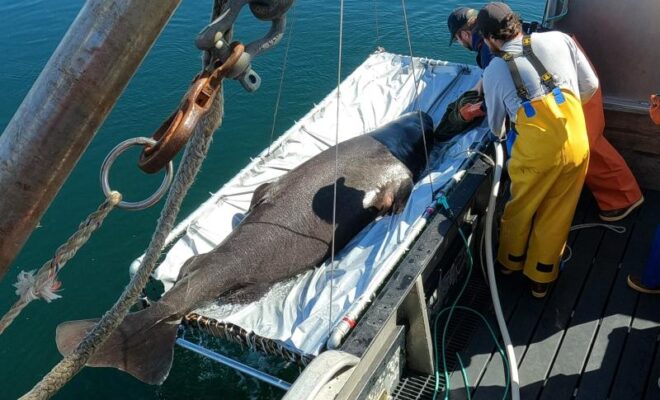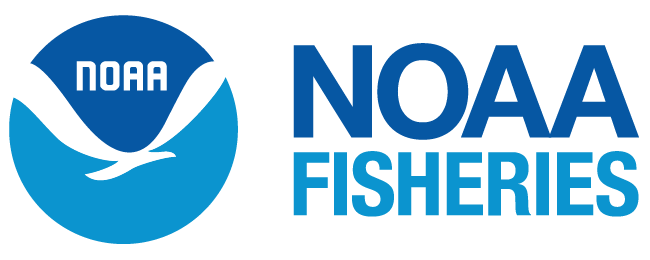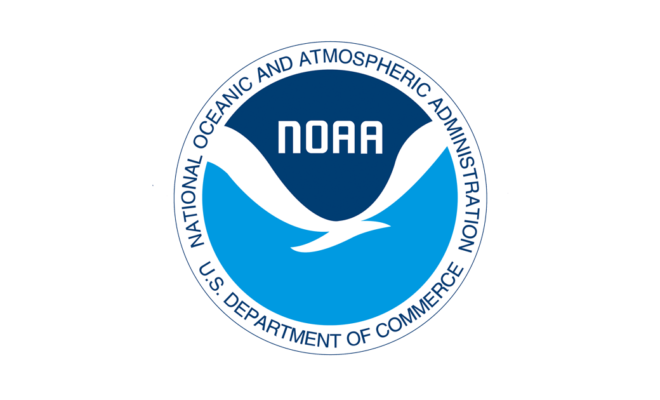Funding Opportunity Open for Chesapeake Bay Fisheries Research
1/22/2023 - By fisheries.noaa.gov Apply by April 17 for funding to support research on how climate change is affecting habitat and fisheries. Up to $1.5 million in grant funds are available to support research into how key Chesapeake Bay fisheries species change their behavior to deal with changing habitat and climate. Applications are due April… SEE MORE
